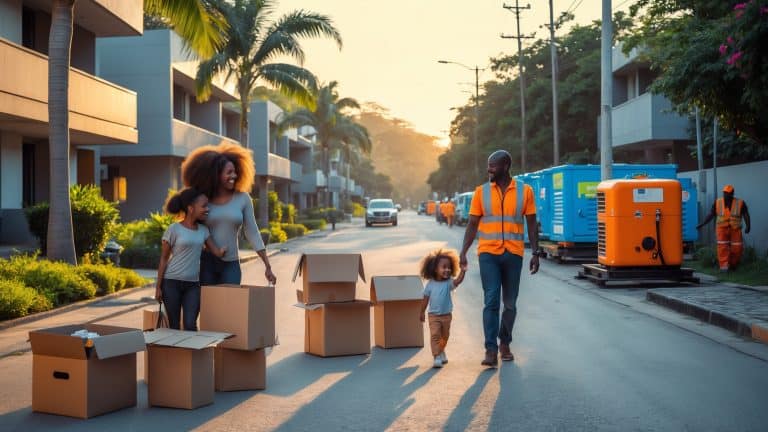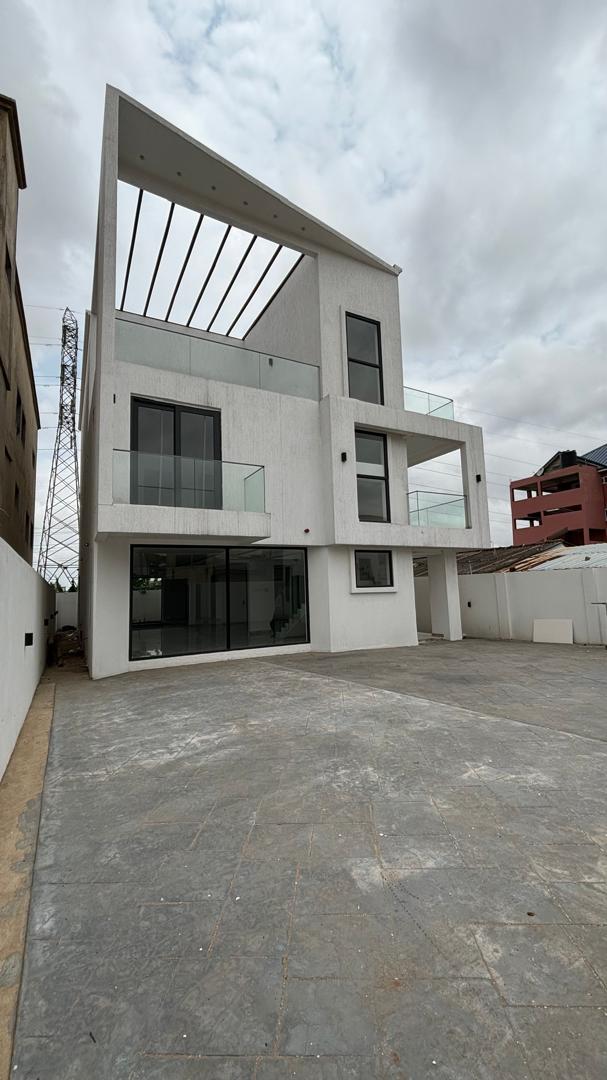This is a premium article written by one of our experts.
Check out

Culture Adjustment in Ghana: Navigating Personal Safety & Boundaries
This is a premium article written by one of our experts. Upgrade to Navigator or Pathfinder read the full article

Cost of Living in Ghana for Expats: A Detailed Budget Breakdown
This is a premium article written by one of our experts. Upgrade to Navigator or Pathfinder read the full article

Understanding Ghana’s Cedi Exchange Rate: What Expats Need to Know About Cost of Living and Inflation in 2025
Planning to move to Ghana in 2025? Be aware that a strengthening cedi doesn’t automatically translate to cheaper living. While currency gains may look promising on paper, the reality often involves grappling with high costs for housing, groceries, and utilities driven by inflation and persistent supply chain inefficiencies.

Should You Hire a Real Estate Agent in Ghana?
This is a premium article written by one of our experts. Upgrade to Navigator or Pathfinder read the full article
Pepsodent, Omo, and Fanta: Exploring Ghana’s Everyday Brand Language
This is a premium article written by one of our experts. Upgrade to Navigator or Pathfinder read the full article

Culture Adjustment in Ghana: Navigating Social & Business Norms
Whether relocating for a career opportunity, reconnecting with your heritage as part of the diaspora, or exploring a new chapter of life, understanding the interplay between Ghana’s communal values, social hierarchies, and relationship-focused business culture is key. Each conversation, handshake, and shared meal takes you closer to fully immersing yourself in the local way of life.
One Comment
Comments are closed.